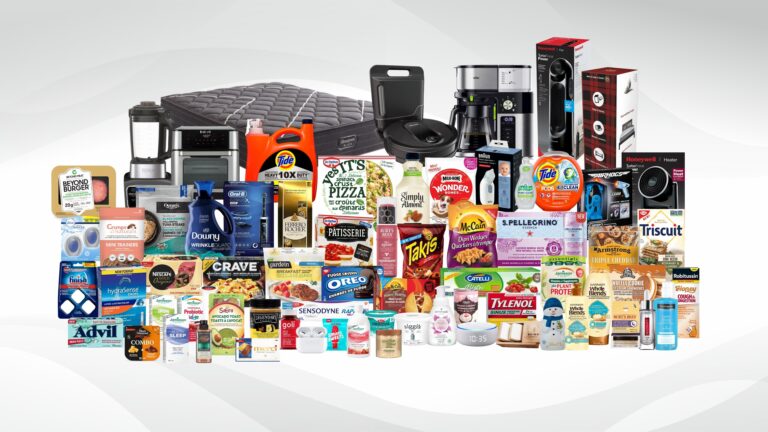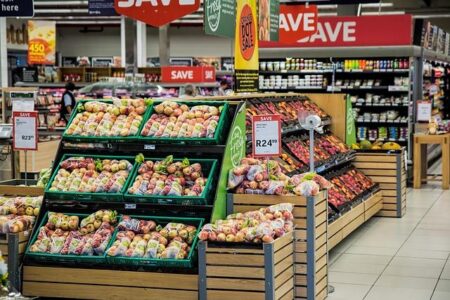As consumer interest in supporting local economies and sustainable practices grows, more shoppers are turning to products proudly labeled “Made in Canada.” From staple groceries to specialty foods and beverages, Canadian brands offer a diverse range of options on store shelves nationwide. This comprehensive guide explores how to identify authentic Canadian-made products at the grocery store, highlights notable domestic brands, and examines the benefits of choosing locally produced goods. Whether you’re seeking fresh food, unique drinks, or pantry essentials, understanding the landscape of Canadian-made items can help you make informed, conscientious purchases that support homegrown businesses and communities.
Made in Canada Labels Decoded Understanding Certification and Authenticity
Understanding the various Made in Canada labels is essential for shoppers aiming to support authentic Canadian products. These certification marks are governed by strict regulations ensuring that what you’re purchasing is genuinely produced or significantly processed in Canada. The most recognized label, often seen in grocery aisles, guarantees that at least 98% of the product’s total direct costs are incurred within the country, along with Canadian ownership and production. Other certifications, such as the Product of Canada designation, indicate that all or nearly all ingredients and manufacturing processes originate domestically, sustaining the local economy and upholding Canadian quality standards.
To navigate these labels effectively, here’s a quick rundown of the common certifications you’ll encounter on food and beverage packaging:
- Made in Canada – Majority of production, materials, and labour sourced in Canada.
- Product of Canada – Almost all ingredients and processes are Canadian.
- Certified Organic Canada – Meets national organic standards, often paired with regional certification.
- Canadian Craft Brewers – Specific to beer, confirming the brewery’s Canadian origin and production.
| Label | Certification Criteria | Typical Products | ||||||||||||||||||||||||||||||||||||||||||
|---|---|---|---|---|---|---|---|---|---|---|---|---|---|---|---|---|---|---|---|---|---|---|---|---|---|---|---|---|---|---|---|---|---|---|---|---|---|---|---|---|---|---|---|---|
| Made in Canada | Min. 98% Canadian production and costs | Packaged foods, snacks, beverages | ||||||||||||||||||||||||||||||||||||||||||
| Product of Canada | Nearly 100% Canadian ingredients & process | Fresh produce, dairy, meats | ||||||||||||||||||||||||||||||||||||||||||
| Certified Organic Canada | Compliance with organic production standards | Understanding the various Made in Canada labels is essential for shoppers aiming to support authentic Canadian products. These certification marks are governed by strict regulations ensuring that what you’re purchasing is genuinely produced or significantly processed in Canada. The most recognized label, often seen in grocery aisles, guarantees that at least 98% of the product’s total direct costs are incurred within the country, along with Canadian ownership and production. Other certifications, such as the Product of Canada designation, indicate that all or nearly all ingredients and manufacturing processes originate domestically, sustaining the local economy and upholding Canadian quality standards. To navigate these labels effectively, here’s a quick rundown of the common certifications you’ll encounter on food and beverage packaging:
|




